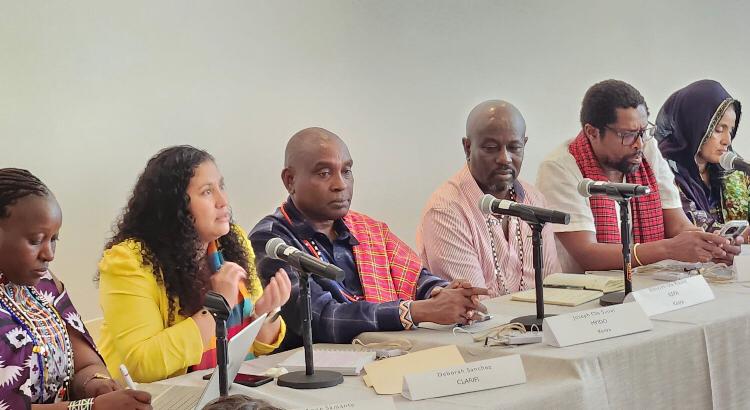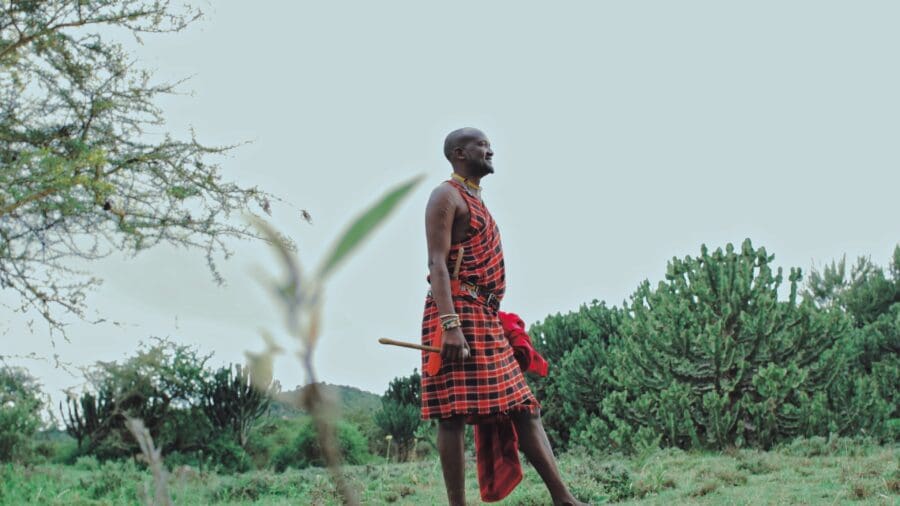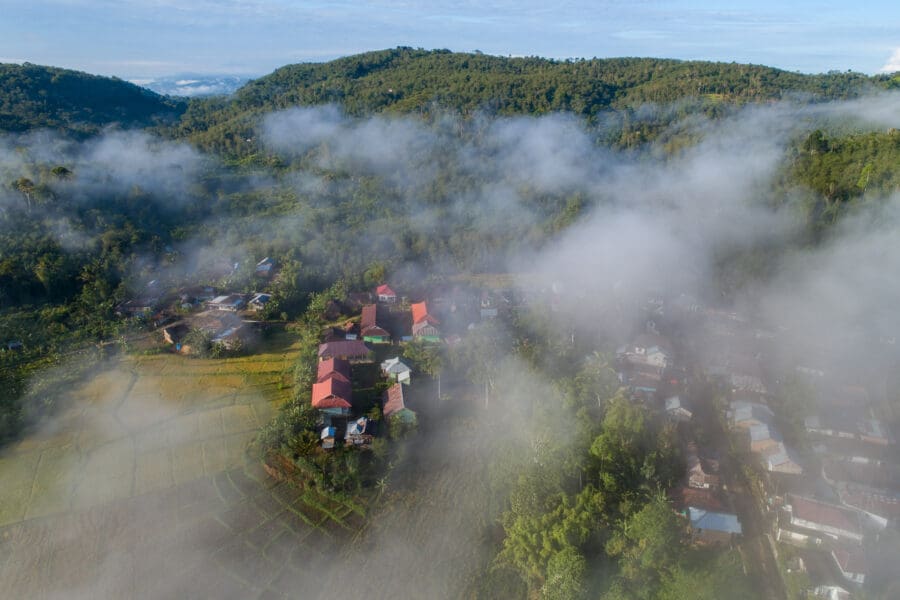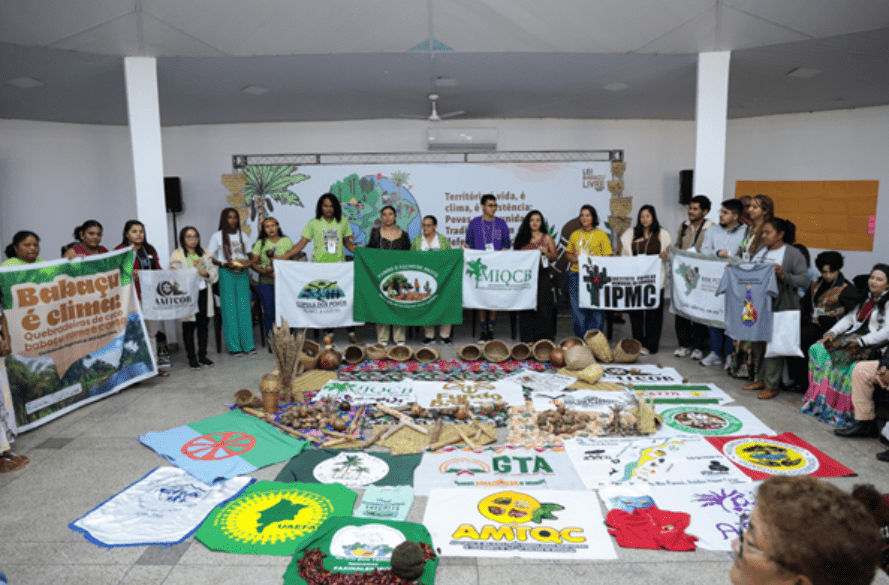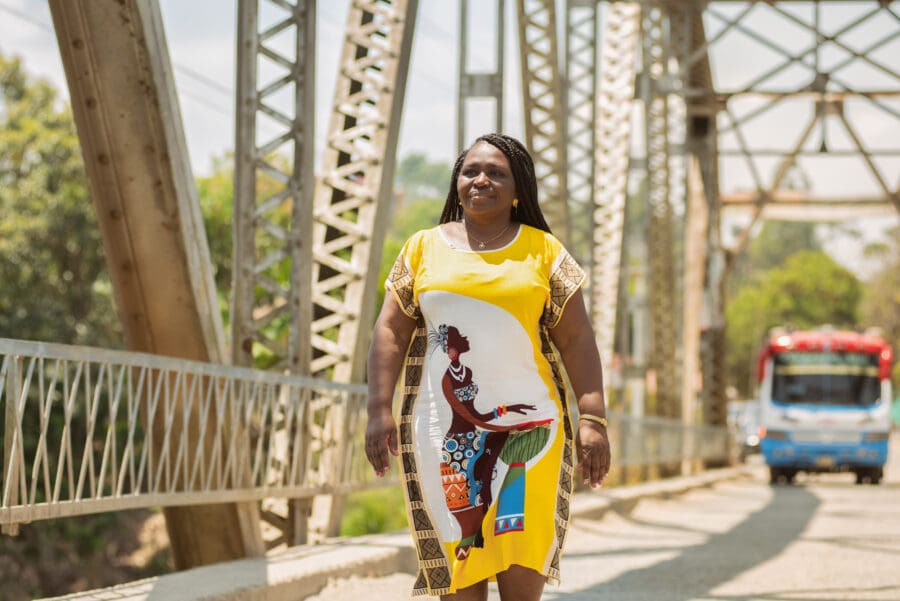Click here to follow RRI’s engagements at COP30.
As the global community prepares for UNFCCC COP30, hosted for the first time in the Amazon region of Brazil, the Rights and Resources Initiative (RRI) and its coalition of over 200 partners, collaborators, and allies have been sending a clear and powerful message for months: Earth’s #DefendersLeadTheWay on climate action.
The summit, often referred to as the Indigenous Peoples’ COP, will, for the first time, give more than 1,000 accredited representatives from Indigenous Peoples (IP), local communities (LC), and Afro-descendant Peoples (ADP) access to the Blue Zone, the primary venue for UNFCCC negotiations.
This is a critical opportunity for rightsholders to take their rightful place at the negotiating table and shape decisions affecting their communities and environments. But leaders from rural and forested regions continue to warn that without meaningful engagement, the international summit risks visibility without influence.
With its partners, RRI will advance six key priorities at COP30.
1. The Funding Community Must Commit to Rights-Based Climate Action via The Pledge We Want Campaign
At COP26, a historic joint donor pledge committed $1.7 billion to advance the forest tenure rights of IPs and LCs from 2021 to 2025. With this pledge expiring at the end of this year, COP30 presents a critical opportunity to shape a more ambitious, accountable, and community-driven successor.
Critically, RRI’s new State of Funding Report reveals that, if current funding trends continue, a $2.9 billion gap remains toward meeting the $10 billion Path to Scale target, underscoring the urgent need for bolder and more coordinated donor action.
The Pledge We Want is a response to these persistent disparities. It is a call to action, demanding direct and fair investment. It seeks to transform how climate finance is governed by prioritizing:
- Direct funding to rightsholders to support their self-governance systems, tenure rights, and sustainable livelihoods.
- Recognition of territorial rights to safeguard nature through traditional knowledge.
- Support for community-led conservation initiatives that prioritize biodiversity conservation and climate resilience.
- Transparent and accountable governance mechanisms to ensure that funds are used effectively and efficiently.
Sign on to support #ThePledgeWeWant

